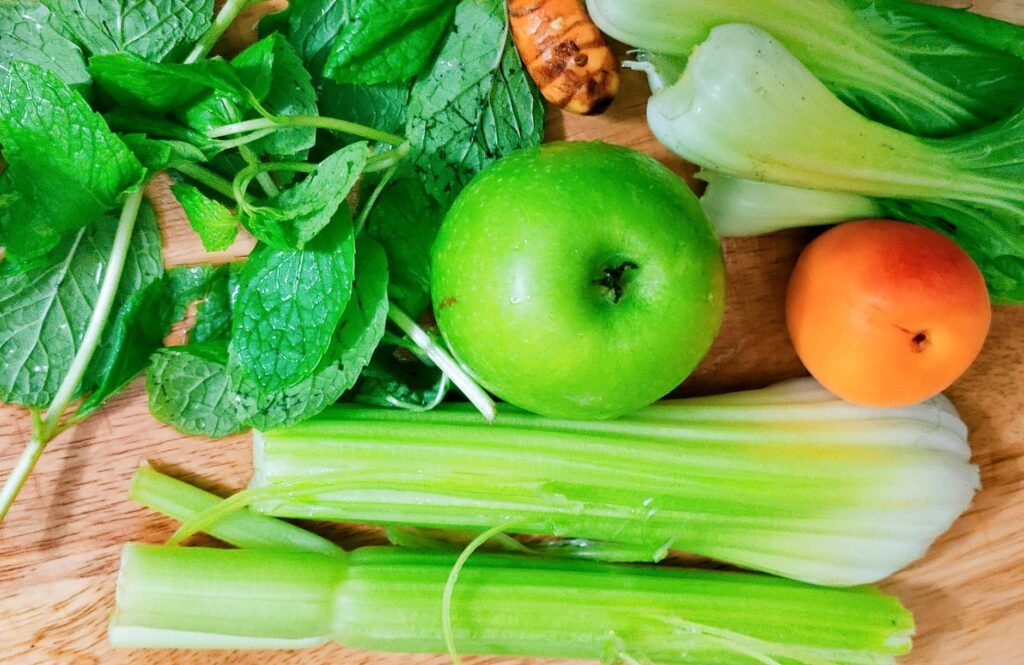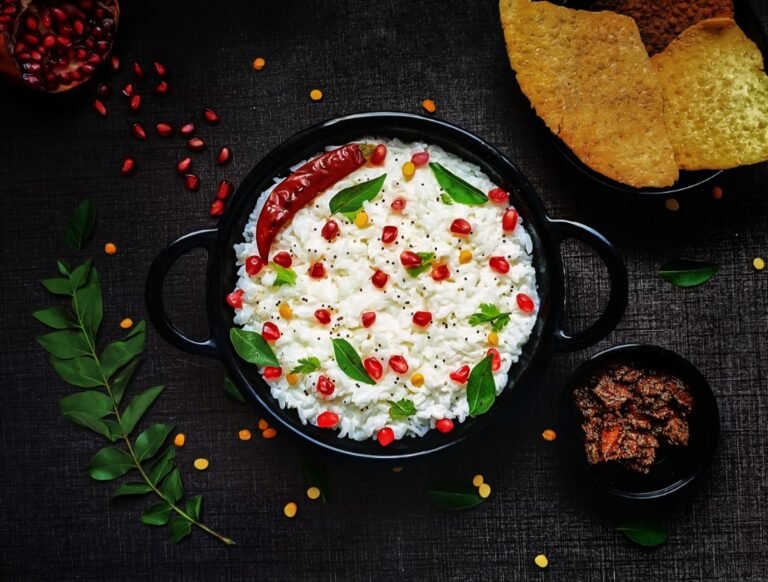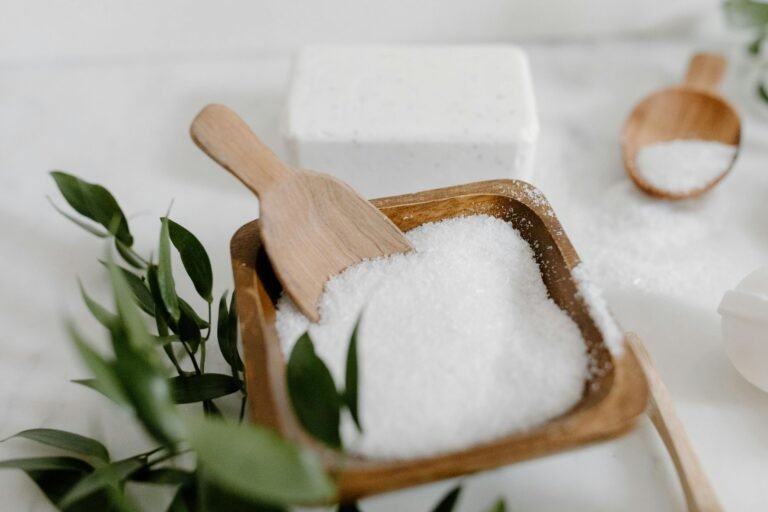Antioxidant might sound like a big wellness buzzword, but at its core, it’s simply your body’s best friend.
They work behind the scenes to protect your cells, support your energy, and even help your skin look brighter and healthier. And the best part? These superhero nutrients are hiding in everyday foods you already love.
We often see that cut apples turn brown too quickly and are unappealing to eat once they are brown. Don’t you agree?
We can fix this problem of browning by squeezing some lemon juice over the slices, and we can enjoy the slices of apple. So, what’s the magic in lemon juice that prevents the browning of those apple slices?
Cutting an apple exposes an apple’s cells to air, which contains oxygen. This triggers the oxidation of cells and causes browning. This is called enzymatic browning.
Lemon juice contains Vitamin C, which is not only an essential nutrient but also an antioxidant. This antioxidant prevents the enzymatic browning by preventing oxygen from reacting with the apple cells.
The Role Of Antioxidant

Antioxidants have a remarkable role in protecting our body from cell damage called ‘oxidative stress’, which causes heart disease, cancer, immune deficiency, respiratory diseases, etc.
Learn more about oxidative stress
Every cell in our body is made up of numerous tiny particles called molecules, which are involved in important chemical reactions happening in our body.
There are some highly reactive and unstable molecules produced in our body naturally or due to external factors such as environmental pollution, X-rays, UV rays, and cigarette smoke. They are called ‘Free Radicals’ and can cause damage to our bodies, resulting in serious health problems.
Since the free radicals are unstable and highly reactive, they will react with any molecule in our body, such as fat, protein, DNA, etc. They can often cause damage to them, and sometimes, new free radicals are produced in the process.
When free radicals accumulate in our bodies, they cause damage called oxidative stress, which can lead to disease.
Some molecules can defend our body from the damage caused by free radicals.
These molecules coming to our rescue are ‘Antioxidants’. They help in maintaining the health of our cells and neutralise the free radicals.
Many antioxidants are also nutrients and are found in natural foods. Some of them are Vitamin C, A, E and minerals such as zinc, selenium, and copper. Some other examples of antioxidants, such as flavonoids, catechins, lycopene, and lutein, are present in plant-based foods.
Sources

Plants are rich sources of antioxidants. Each antioxidant serves a different function and can’t be interchanged with another. Some good sources of specific antioxidants are:
Vitamin C: Oranges, blackcurrants, kiwifruit, mangoes, broccoli, spinach, capsicum, and berries.
Vitamin A: Yellow and orange fruits and vegetables as well as leafy green vegetables
Vitamin E: Grains, nuts, and seeds
Lycopene: Red/ pink fruits and vegetables such as tomatoes
Beta-carotene: Pumpkin, mangoes, apricots, carrots, spinach, and parsley
Lutein: Green, leafy vegetables, corn, papaya, and oranges
Selenium: Rice, corn, wheat, and other whole grains, as well as nuts, eggs, cheese, and legumes
Flavonoids: Black tea, green tea, citrus fruits, onion, and apples
Zinc: Seafood, lean meat, milk, nuts, seeds, soy products, spinach.
Anthocyanins: Grapes, berries, and eggplants
A well-balanced diet comprising whole foods is good for obtaining different antioxidants. A healthy diet cannot be replaced with supplements.
It is not safe to opt for supplements of antioxidants instead of natural food sources. It is always important to consult a doctor before considering supplement intake.
How does dietary pattern shapes your health?
Ensuring a regular intake of nutritious and well-balanced food is key to obtaining health benefits from our diet.
Reference:
U.S. Department of Agriculture webpage on antioxidants and phytonutrients.





👍🏻👍🏻
Pingback: How does your diet affect your skin and hair? – Natural goodness
Pingback: Don't Ignore the Nuts! - Natural goodness
Pingback: 5 Diet Tips For Healthy Skin And Hair - Natural goodness
Pingback: Dates: Nutrition, Health Benefits, and Recipe - Natural goodness